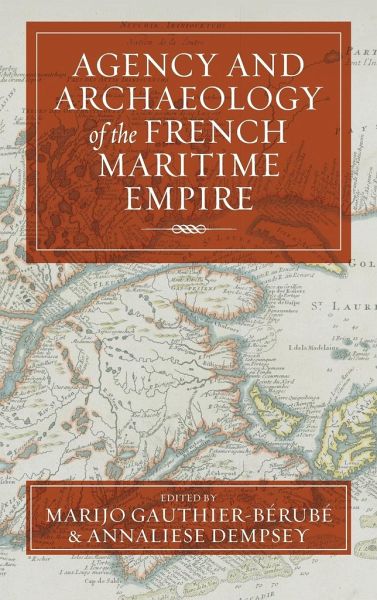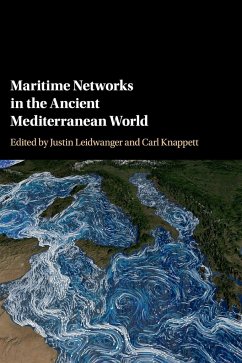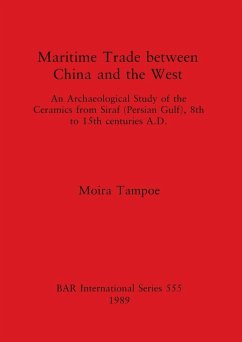
Agency and Archaeology of the French Maritime Empire
Versandkostenfrei!
Versandfertig in 1-2 Wochen
130,99 €
inkl. MwSt.
Weitere Ausgaben:

PAYBACK Punkte
65 °P sammeln!
The French maritime empire enabled the continued colonization of territories all over the world from the 17th to the 19th centuries and was built upon the backs of those in lower socioeconomic classes. These classes were heavily impacted by social, political and economic structures. Detailed archaeological case studies using an agency perspective indicate that these lower socioeconomic classes were extremely diverse and dynamic groups that constantly negotiated their identities. These stories are not about the kings, military leaders, and politicians, but rather an exploration of the perspecti...
The French maritime empire enabled the continued colonization of territories all over the world from the 17th to the 19th centuries and was built upon the backs of those in lower socioeconomic classes. These classes were heavily impacted by social, political and economic structures. Detailed archaeological case studies using an agency perspective indicate that these lower socioeconomic classes were extremely diverse and dynamic groups that constantly negotiated their identities. These stories are not about the kings, military leaders, and politicians, but rather an exploration of the perspective of those who provided the fuel, both willingly and unwillingly, for the French maritime empire.













